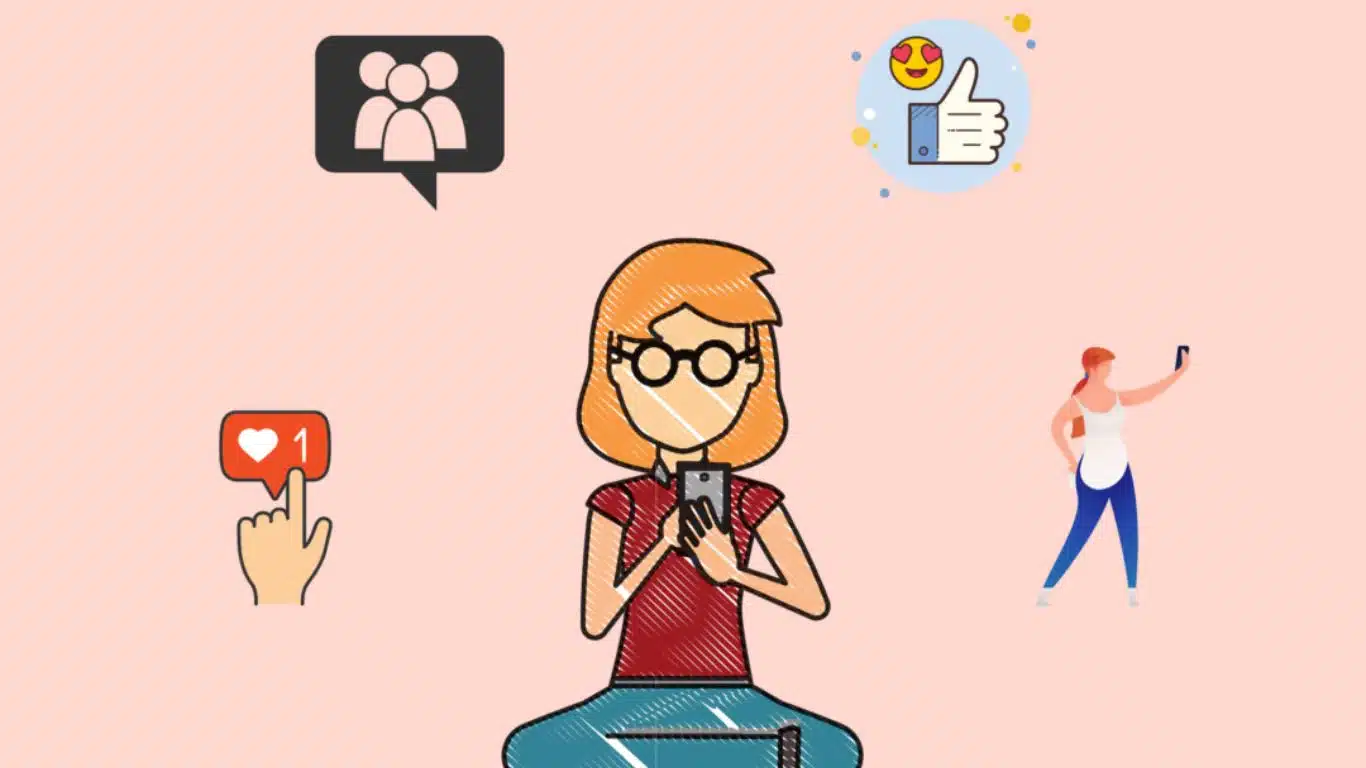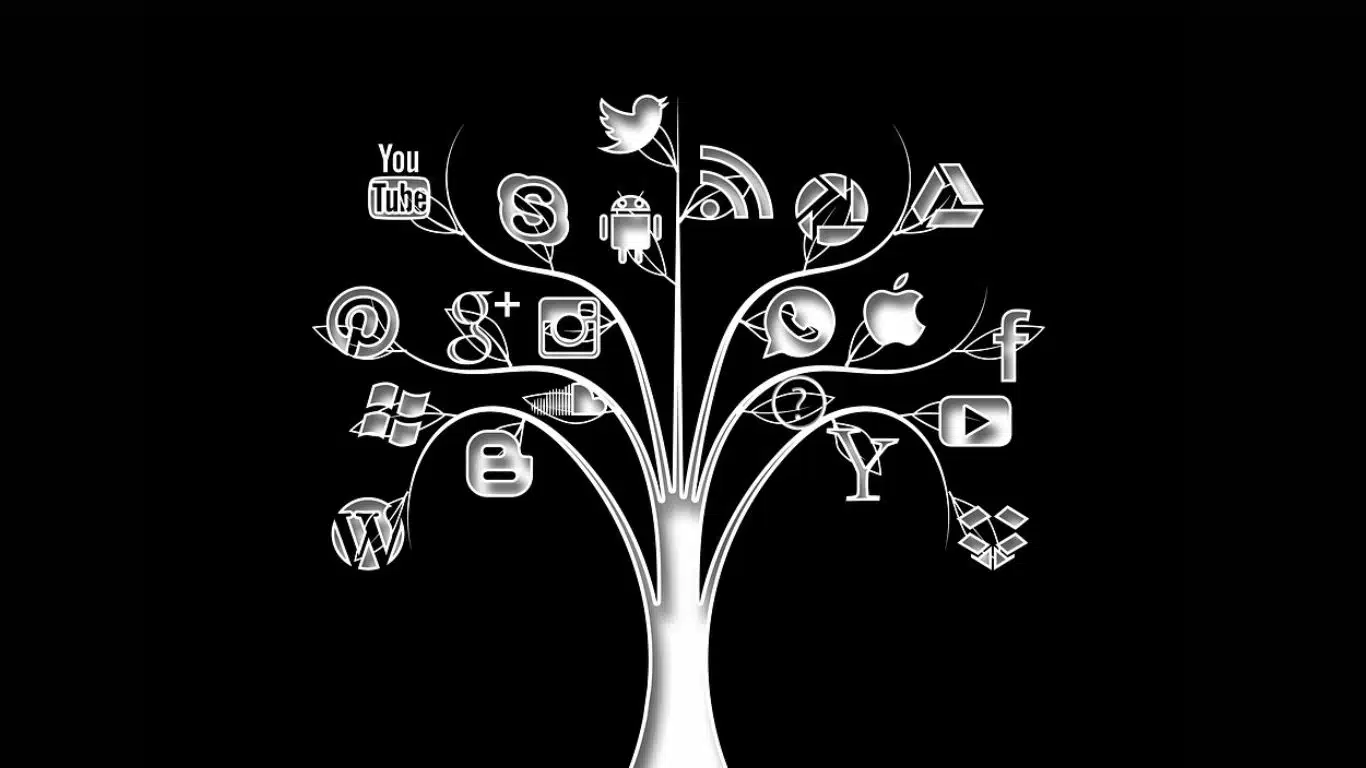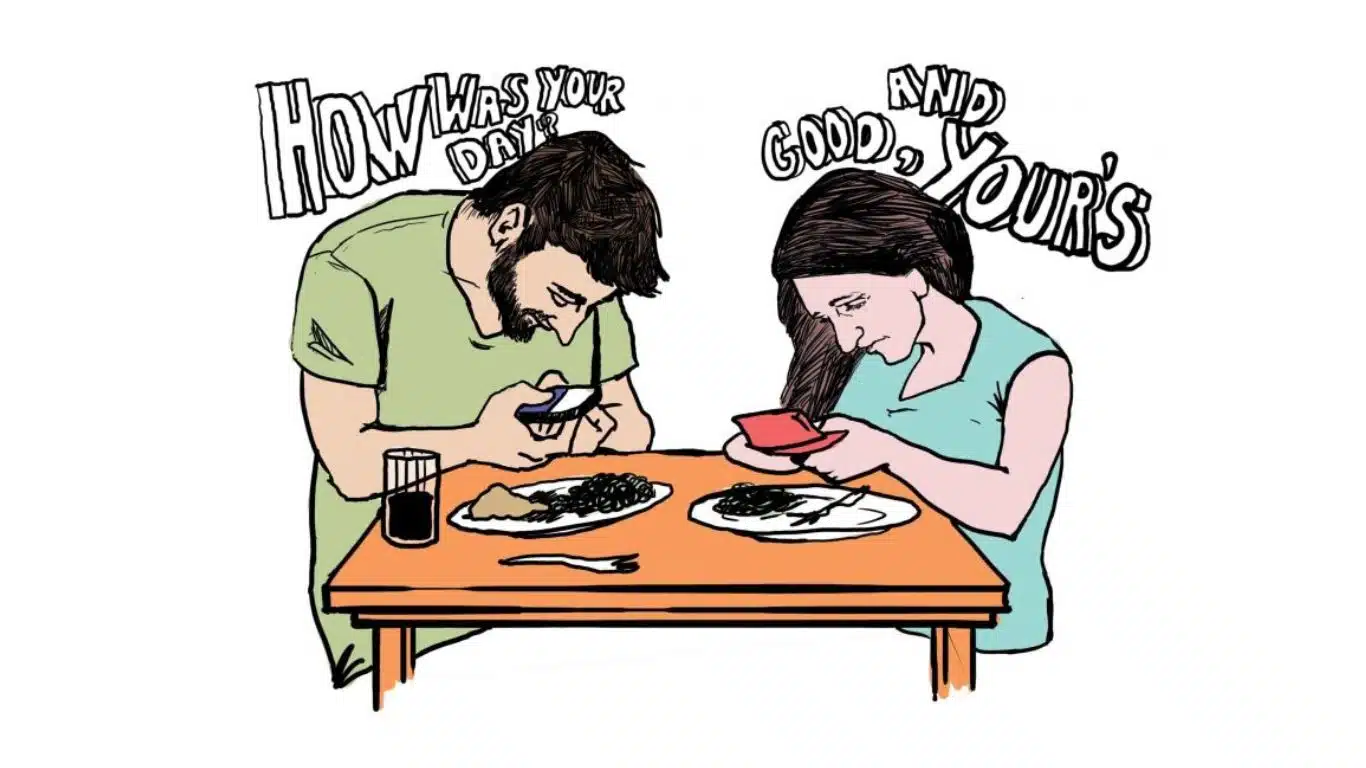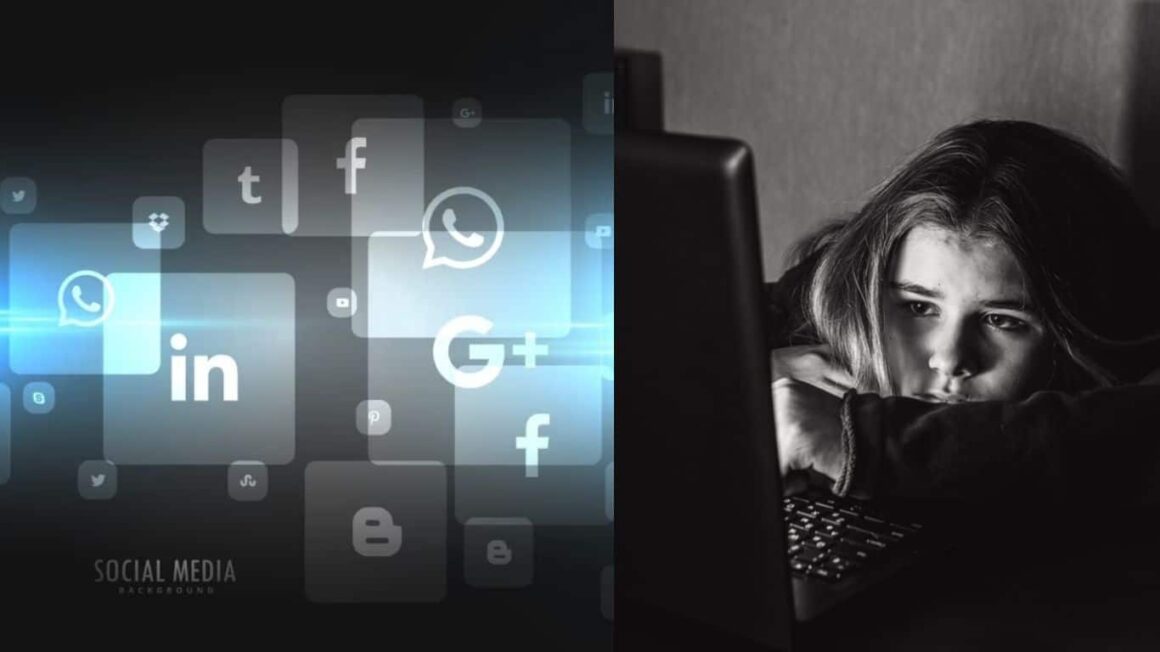- Free services such as social media platforms and search engines use data to serve targeted ads to users.
- Free services can have an impact on the economy.
- Companies that offer free services often have an advantage over businesses that charge for their products or services.
- Another impact of free services on users is their lifestyle habits.
- Free services can also impact users’ social lives.
- It is evident that free services are not really free.
The internet has made it possible for individuals to access a wide range of services, products, and information, and it has opened up opportunities for businesses to reach out to customers across the globe. The internet is a vast space where users can access free services such as social media platforms, email, and cloud storage. While free services are appealing to most people, there is a hidden cost to these services that users may not be aware of. Today we’ll explores why free services are not really free, the hidden costs associated with these services, and the impact they can have on users.
The Cost of Your So-Called Free Services
The concept of free services has been around for a long time, and it is often used by businesses as a marketing tool to attract customers. However, there are hidden costs associated with these services that users may not be aware of. One of the most significant hidden costs of free services is the collection of user data. Companies that offer free services collect vast amounts of data from users, including personal information such as name, email address, and phone number, as well as browsing history, search queries, and location data.

Data is valuable to companies as it helps them to improve their products and services, personalize user experiences, and target advertising. Free services such as social media platforms and search engines use data to serve targeted ads to users. Companies may also sell user data to third-party advertisers or use it to train machine learning algorithms.
Another hidden cost of free services is the loss of privacy. When users sign up for free services, they often agree to terms and conditions that allow companies to collect and use their data. However, many users do not read the terms and conditions, which can be lengthy and complex. This means that users may not be aware of the extent to which their data is being collected and used.
The loss of privacy can have significant implications for users. Companies that collect data can use it for nefarious purposes, such as identity theft, fraud, and cyber attacks. Additionally, governments may also request access to user data for national security reasons, which can compromise user privacy.
The Impact of Free Services on Users
Free services have become an integral part of daily life for many people, and they offer a range of benefits such as convenience, entertainment, and connectivity. However, the hidden costs associated with these services can have a significant impact on users.

One of the most significant impacts of free services is the erosion of trust. Users who discover that their data has been collected and used without their knowledge or consent may feel violated and lose trust in the company that provided the service. This can lead to a loss of confidence in the internet as a whole and reduce user engagement with online services.
Free services can have an impact on the economy. Companies that offer free services often have an advantage over businesses that charge for their products or services. This is because free services can attract a large user base quickly, which can generate revenue through advertising or the sale of user data. This can make it difficult for businesses that charge for their products or services to compete, leading to market consolidation and reduced innovation.
Impact of Free Services on Users Mental Health and Lifestyle Habits
One of the most significant impacts of free services on users is their mental health. Social media platforms, in particular, have been linked to negative mental health outcomes, such as anxiety, depression, and low self-esteem. Social media can create a distorted sense of reality, leading to feelings of inadequacy, anxiety, and depression. Users may feel pressured to present a perfect image of themselves and compare their lives to others, which can lead to negative self-image and low self-esteem.
Social media can expose users to cyberbullying, harassment, and hate speech, which can be detrimental to mental health. Cyberbullying and harassment can cause anxiety, depression, and social withdrawal, while exposure to hate speech can lead to feelings of anger, fear, and sadness. The constant need for validation and attention on social media can also lead to addiction and compulsive behavior.

Another impact of free services on users is their lifestyle habits. Free services such as online streaming services and social media platforms can be addictive and consume a significant amount of users’ time. Users may spend hours scrolling through social media feeds, binge-watching TV shows, or playing video games, leading to a sedentary lifestyle.
The sedentary lifestyle associated with free services can have negative health outcomes, such as obesity, heart disease, and diabetes. Prolonged sitting and screen time can lead to poor posture, eye strain, and back pain. Additionally, the excessive use of free services can disrupt sleep patterns, leading to fatigue, irritability, and poor concentration.
Free services can also impact users’ social lives. Spending excessive time on social media platforms can lead to social isolation and reduced face-to-face interaction. Users may become overly reliant on digital communication, leading to a lack of social skills and difficulty in building and maintaining relationships.
CONCLUSION
It is evident that free services are not really free. Though they may not cost any money upfront, they often come with hidden costs, such as the collection and use of personal data for targeted advertising. Additionally, the quality and reliability of free services may be subpar compared to paid alternatives. It is important to understand the trade-offs and weigh the benefits and drawbacks before choosing to use free services. Ultimately, there is no such thing as a free lunch, and we should be wary of any service that claims to be completely free without any hidden costs.
Also Read: Impact of Social Media on Our Relationships



